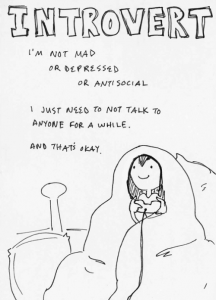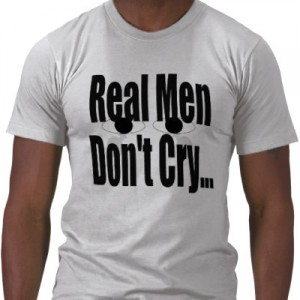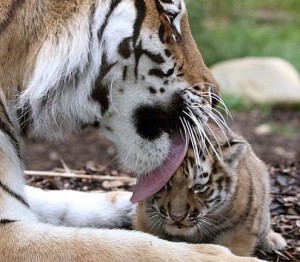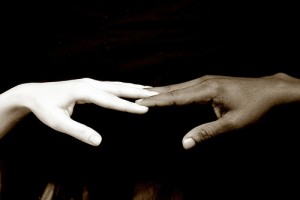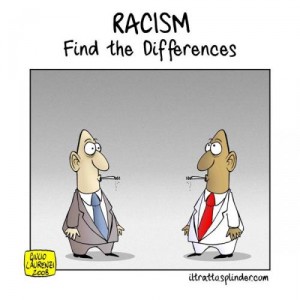As I’m nearing my mid 30s, I’m forced to consider that I am perhaps not as young as I would like to think. Sure, I know I’m not old, but I am no longer the inexperienced, green, young upstart trying to figure out my way around life. I’ve read a lot of articles with titles like “Things you should accomplish by 30” etc, and honestly I feel that it’s worth having my own personal reflections on what it means to be in my 30s.
Generation Gap
For the first time in my career, I’m actually feeling a generation gap. I’ve always thought of myself as a newcomer to the working world, but having fresh graduates in the team and trying to relate to them has proven a bit of a challenge. I’m painfully aware of how I am in a different phase of my career and life, and they are all new and a little wet behind the ears when it comes to the working world. It actually caused me to pause and reflect as I was probably just as positive and hopeful once, and I need to occasionally curb my cynical side a little more. Naturally, I tell myself that I’m being “realistic”, but it is also possible that I am just being pessimistic about things.
Expecting a certain level or professionalism may seem like a high expectation, but I have discovered that smart, young talents are usually hungry to learn and grow, if they are given a certain amount of guidance. Most of them seem to appreciate what we are trying to accomplish, but it is also true that many of them have been fed the myth of “landing that dream job”, but don’t seem to have any idea what it is they actually enjoy or what that “dream job” looks like. In these instances, it can be an exercise in futility to motivate them, even if it is just to stay and finish the project so they can discover for themselves whether this is truly what they like or not like.
As much as I hate labels, I must admit that many of them are a little on the soft side, and calling them the strawberry generation is quite apt in my opinion. Undoubtedly, this does not apply to all of them, but when you see so many of them give up the moment things get a little bit challenging, you start to wonder how things would be so much better if they had cultivated just a little bit of grit. It might not be a fair comparison since circumstances were different back when we graduated, but if things are as challenging as claimed in this generation, with most not able to enjoy the same privileges as their parents, then they shouldn’t give up so easily. I’d like to think a lot of things can be considered learning experiences, but this is not a generation of people who will hunker down and push through. Some might, if a lot of time and effort is invested into them first, and it might be a symptom of the lack of trust they have with current establishments.
Inert Stability
Aiming to transition from “young upstart” to “mid career” has been a great motivator because it allows me to have an ever curious, ongoing desire to learn. I do not ever feel that I have arrived, and this has helped me to grow so much over the years. However, I’ve recently realized I have had to, with increasing frequency, remind myself that I have a lot of experience under my belt and to tap into that when necessary. This is especially true as I am building my team, and while there is still a lot to learn, I need to have a stronger mindset of confidence and self assurance in the work that I have done over the past 10 years.
On hindsight, I realized that my initial few years of working was a time when things were quite uncertain, and despite that, I was quite bullish on taking on new challenges as long as I had the appropriate support. This has always scared me a little because I had no experience to rely on, and pushed through with just a hunch and willpower most of the time. Now however, things are different because problems are solved strategically, based on sound advice and experience. Although there are always new challenges, the approach to tackle them seem to stem more from building on past experiences rather than pure speculation and guts.
I have yet to determine whether this is necessarily a good or bad thing, and I think the truth is that being open to both the risky, YOLO-style approach as well as the calm, collected and conservative approach gives me a depth and flexibility in facing and solving new challenges that I never had before.
Overall, it is very rewarding to mentor someone and watch them grow, and the experience, knowledge and expertise gained has been invaluable in helping groom someone else. Replicating yourself has its perks and I can see why many successful people feel the need to coach and mentor others. I’ve had the privilege to be mentored by others as well, and I can truly say it is one of the key things to help a person grow in his/her career.
Humility
I think I’m quite self effacing, but I also know that with a lot of experience comes a certain amount of pride. In the right doses, pride can be a good thing as confidence and knowing who you are and what you can accomplish builds you to face more and future challenges. However, it is also easy to fall too far, thinking that we have done so much, that we sometimes forget that humility is where we learnt and gained those that makes us so proud of. I’m happy to say that I have not done everything myself, but by standing on the shoulders of those who are older, more experienced than I.
Seeing many who are young, energetic, hungry and hopeful, helps me realize that I cannot rest on my laurels and become a cynical old man (as many “more experienced colleagues” I’ve had are wont to be). I was once like them, and while I might not be in the same position as them now, I remind myself to always retain that drive and persistence. I have never looked down on those who are young, but I do pity those who seem to waste those youthful times. It is a time of opportunities and unlimited potential, and what I wouldn’t give to retain what I know now, turn back time, and do it all over again.
So I have to stay humble, as it is with having these young ones around that I can learn those lessons again, be reminded again, and keep that youthful enthusiasm going. The moment I find myself looking down at a whole generation for being young is when I know I have lost my own edge.
Conclusion
I know I’m not as young anymore, but that is just relative. I am naturally still much younger than many others, with a long journey still ahead of me in my career and in life. Growing and maturing is one of my key tenets in life, and I never want to stop doing that. It’s definitely the easiest to keep it up by framing your thoughts and identity as being “young”, because then you will never feel the need to stop learning.
In the meantime, I’ll just enjoy the fact that I’m doing decently in my career, while still young enough to be gaming, and thoroughly loving it.
Now, if only my wife could see it the same way…


